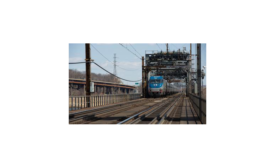News
Judges Uphold Tappan Zee Bridge JV in Wage Dispute
Unions had sought higher pay rate for construction work on big New York bridge.
Read More
The Facts Behind the Fear of Legionnaires' Disease
Scientists link energy-saving water systems to outbreak conditions, but what are the real risks?
Read More
The latest news and information
#1 Source for Construction News, Data, Rankings, Analysis, and Commentary
JOIN ENR UNLIMITEDCopyright ©2024. All Rights Reserved BNP Media.
Design, CMS, Hosting & Web Development :: ePublishing








